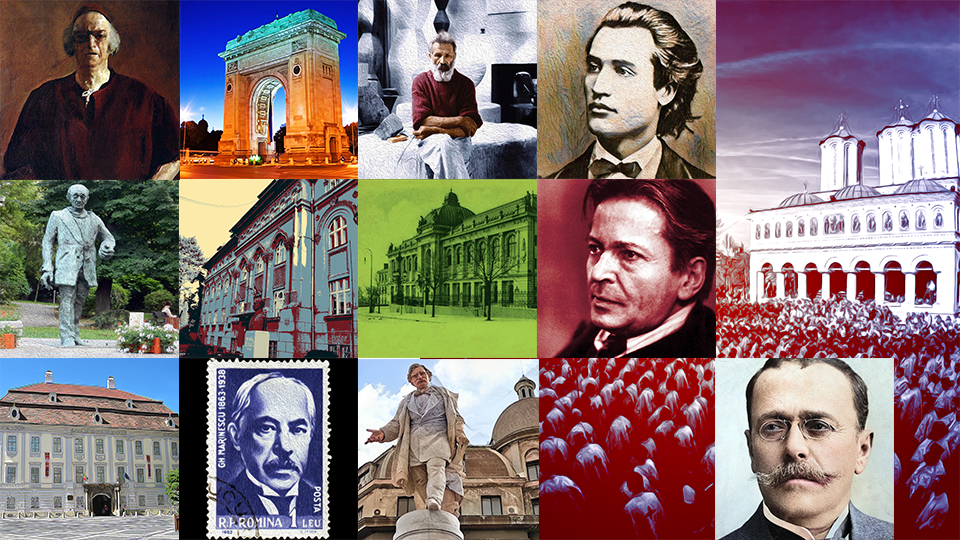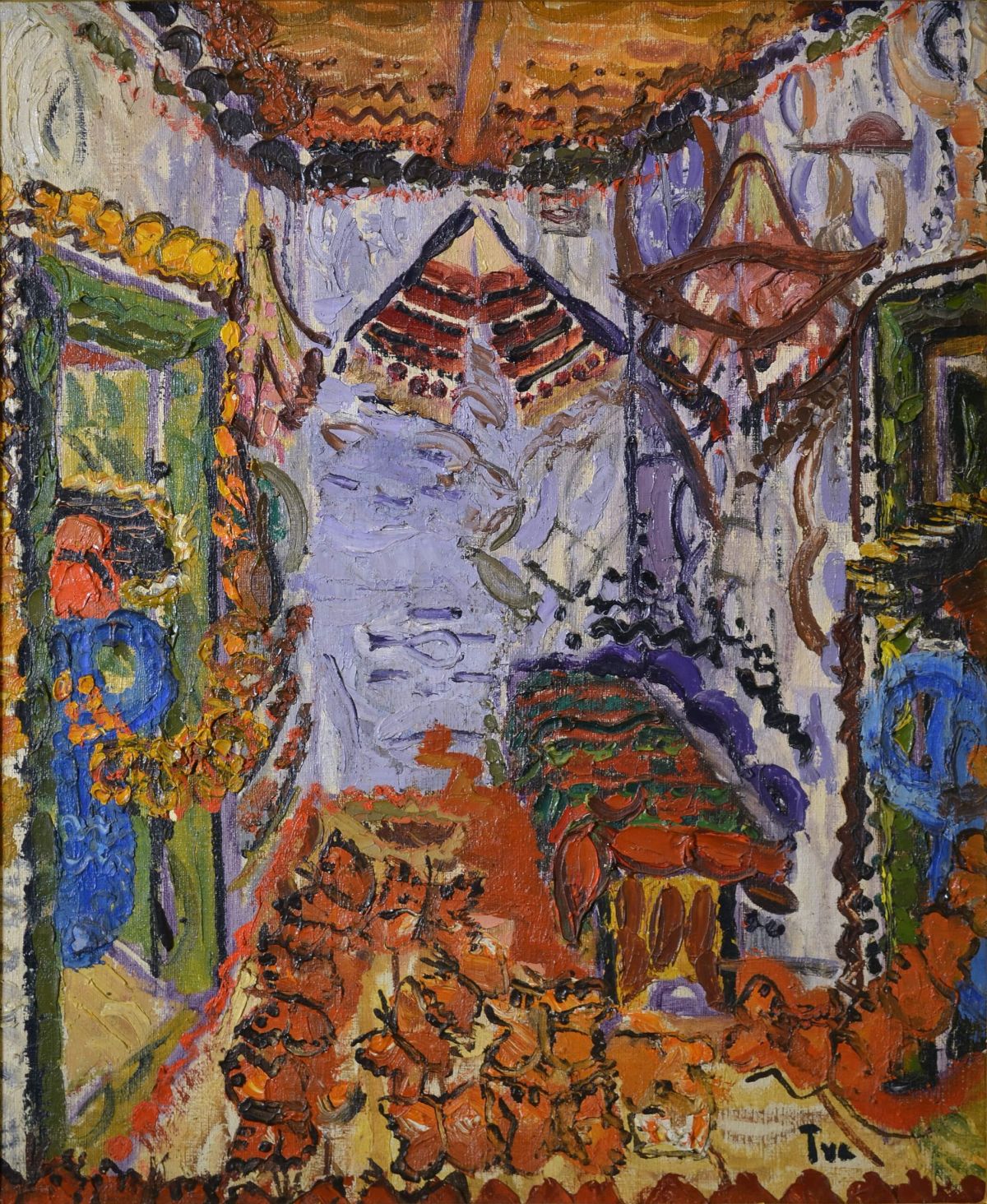Romanian Scholar Bogdan Petriceicu Hasdeu
Bogdan Petriceicu Hasdeu is one of the cultural myths of the Romanians.

Christine Leșcu, 19.09.2015, 14:14
Bogdan Petriceicu Hasdeu is one the personalities who, in time, have become genuine cultural myths of the Romanians, who, these days, will mark 108 years since his death in 1907. A historian, philologist, writer and publicist, Hasdeu was alongside Dimitrie Cantemir and Nicolae Iorga the perfect embodiment of encyclopaedic spirit, a trend that many Romanian intellectuals adhered to.
He was born into a family of rich boyars from Moldavia, with a rich family tree, that was documented in the 16th century. His ancestors were related to the Moldavian ruler Stefan Petriceicu and were forced to leave the country together with Stefan following the latters loss of a battle in the mid-17th century. The future scholar was born in Hotin, on the current territory of Ukraine, which was then part of the Russian empire. Literary historian Ionel Oprisan will next tell us about the childhood of Bogdan Petriceicu Hasdeu who was born on February 26, 1838.
Ionel Oprisan: “We know that he attended primary school, but there are no documents to attest it. He started secondary school somewhere in Poland and later continued his studies in Chisinau. At a certain point, his father, who was a great scholar, pulled him out of school and decided to educate him at home. Thus Bogdan Petriceicu Hasdeu was self-taught, being closely monitored and guided by his father. During the military service he enrolled at the university of Kharkiv, but only as a guest auditor.“
Hasdeu reached the Romanian Principalities a little ahead of their union of 1859 when he stood out thanks to publishing his books, which dealt with political, historical and literary topics. Full of energy and well-informed, Hasdeu also approached the satirical genre, by publishing satirical magazines such as “Aghiuta.
Ionel Oprisan: “As a writer Bogdan Petriceicu Hasdeu became famous through the historical monograph devoted to ruler ‘John III the Terrible, a novelized biography that can be read as a novel, the drama ‘Razvan and Vidra and several other plays. Then he started working on the Critical History of Romanians. The work had one of the flaws of his large-scale projects; as he had designed it, this history was supposed to include 77 volumes. But he only managed to finish the 1st volume and two chapters of the 2nd volume, as he was no longer supported financially, although the king had awarded him a medal for his cultural merits. Bogdan Petriceicu Hasdeu also gave lectures at the university and wrote the work ‘Words of the Elderly. In 1885 he started work on an ample etymological dictionary ‘Etymologicum Magnum Romaniae which he couldnt finish since the endeavor involved too much work for a single person. He just wrote the first volumes that ended with the word “barbat – “man. If he had continued in that rhythm it would have taken him 154 years to finish the project.
Bogdan Petriceicu Hasdeu managed to finish only several volumes of the big etymological dictionary, the last one being issued in 1898, 10 years after the tragedy that marked his whole life: the death of his only daughter Iulia at the age of 17. The scholar and his wife withdrew to their home in Campina, near Bucharest.
Ionel Oprisan: “If his daughter had not died, he would have continued his work on the big etymological dictionary. And he had already started to recreate some of his plays. He also left behind many unfinished projects. He confessed that he had wanted to commit suicide when Iulia died, but he had tried to find in many books a way to communicate with her soul. Eventually he started practicing spiritualism. He even tried to take pictures of and sum up each séance. What he actually wanted to do was to give a scientific status to spiritualism and prove that it was not an aberration.
Bogdan Petriceicu Hasdeu died in 1907, the year when the future historian of religions Mircea Eliade was born. An informal leader of the generation of interwar young intellectuals Eliade was also one of the admirers of Bogdan Petriceicu Hasdeu, rekindling the interest in his writings in the 1930s.





























